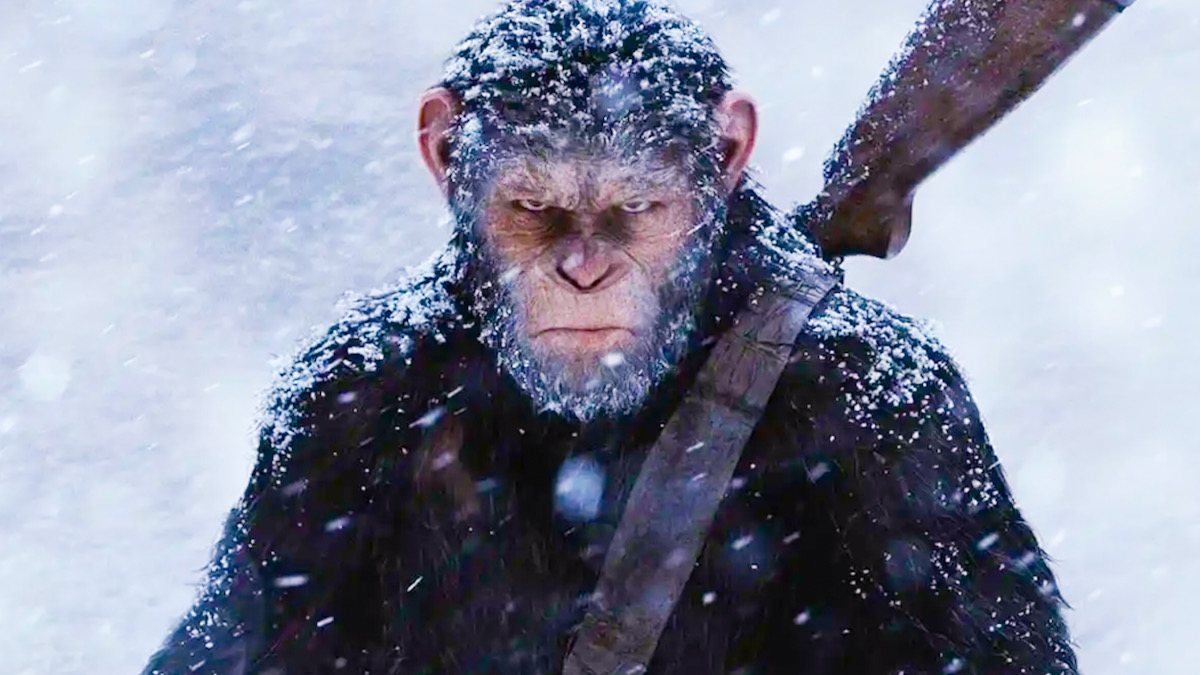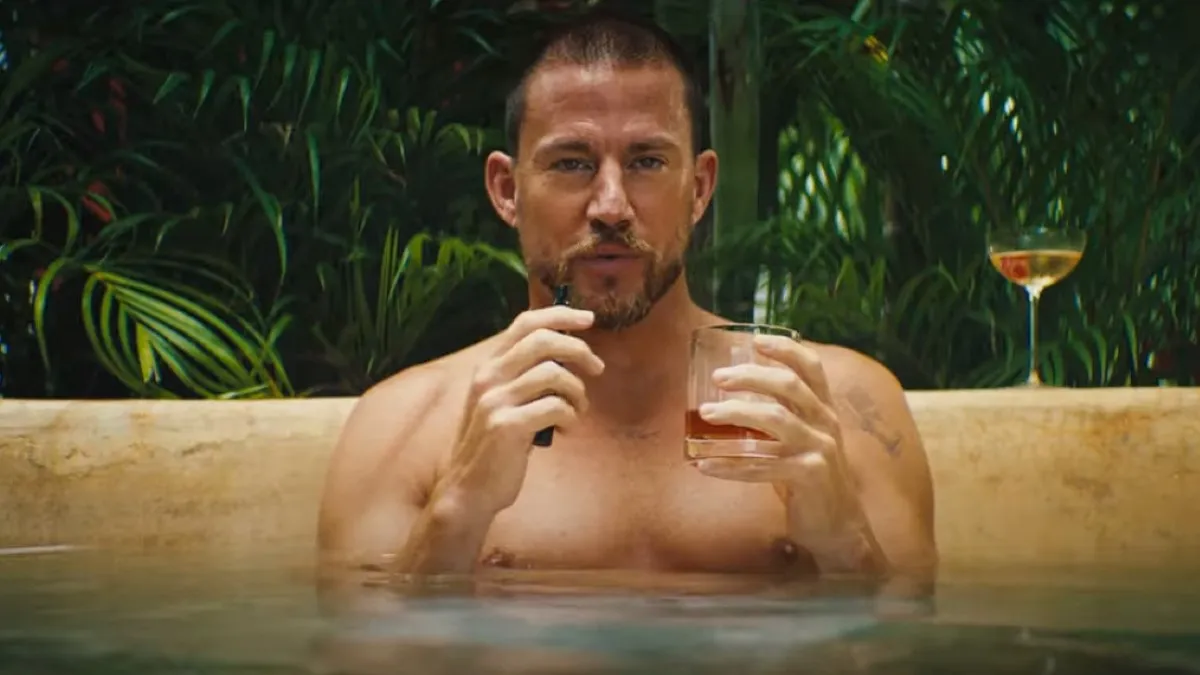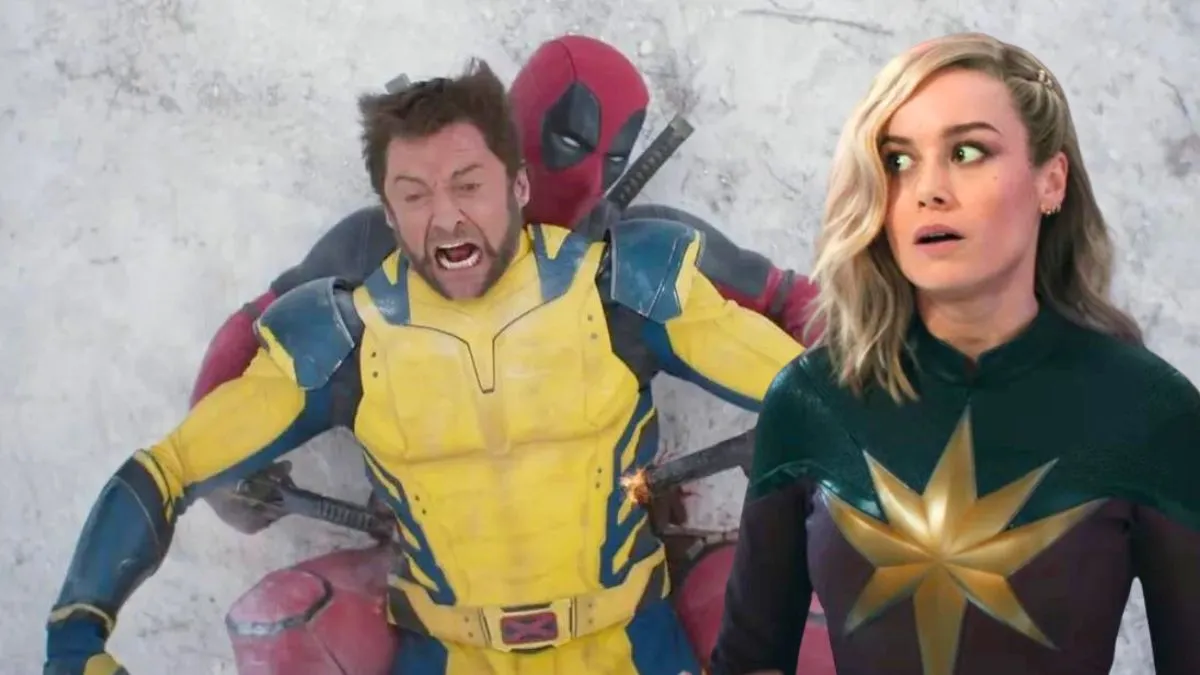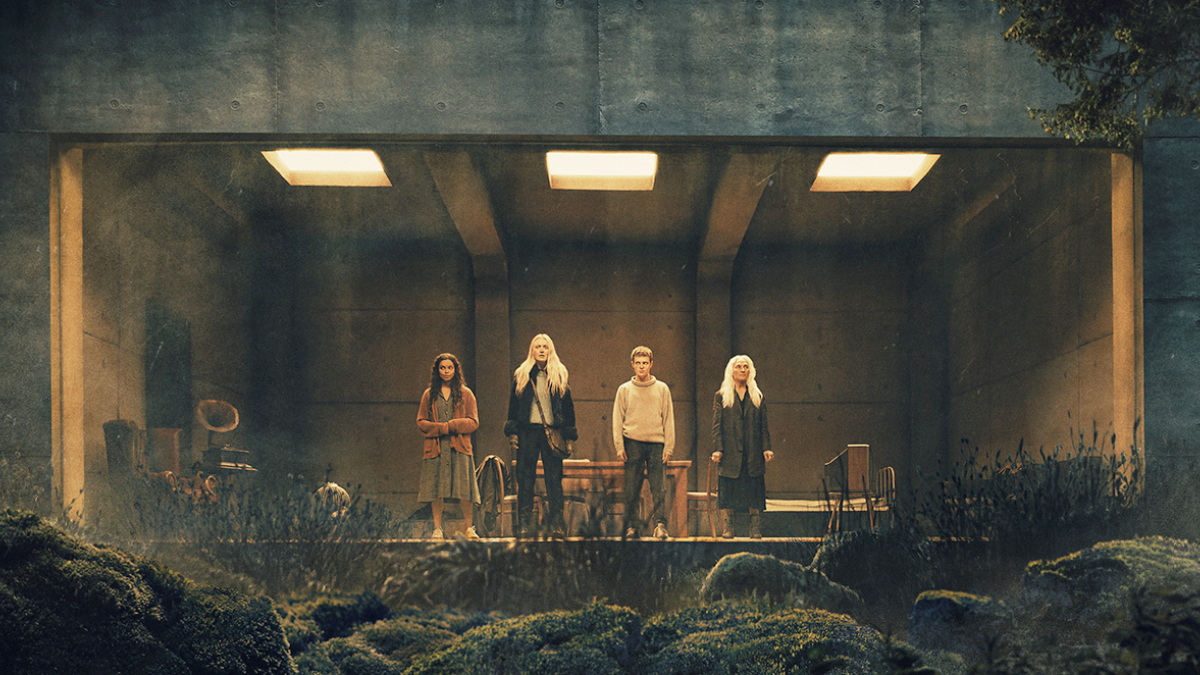
Robert Redford is a man known around Hollywood for doing his own thing, marching to the beat of his own drum so to say, and he’s continued that mentality with his brand new movie The Company You Keep.
Detailing the life of a former Weather Underground activist who is on the run from the FBI, Redford’s newest directorial effort is just as intelligently crafted as usual, paying proper attention to historical details and opinions, and Redford also delivers a now typical fantastic performance serving as the film’s lead character.
I had the opportunity to catch up with Robert for a roundtable interview in New York City while he was promoting The Company You Keep, and it was an honor to sit and listen to true cinematic royalty.
We talked to Robert about his film as much as possible, but we also learned a thing or two along the way. Read on to hear the actor discuss his views on the profession of journalism, drop details concerning a documentary he’s making about revisiting his classic film All The President’s Men, and give us a little taste of what it was like in the early years of his career. Enjoy!
Robert started the interview saying how exciting it was to have so many online journalists participating versus just print these days, proclaiming we’re the future of our craft. He explained as times are changing, there has to be adaptation, and the film industry is no different. Redford mentioned how hard it was to actually get The Company You Keep made, as studios would rather go for “tentpole” films these days, so more and more directors have to go the independent route, just like he did here. Someone then asked if this film would have even been made had he not starred in it:
Robert Redford: I don’t think I made that much difference. I don’t think, but you’ll have to ask somebody else. I suspect the rules the studios work by are pretty rigid, I don’t think I could have made that much difference, but it was still a pretty low budget. [Laughs]
Next up we commented on Robert’s portrayal of journalism through Shia LaBeouf’s character, who would do anything for a scoop, and wanted to know if that’s really how he perceived the profession, keeping in mind he was talking to a room full of journalists:
Robert Redford: Obviously I’m fascinated by journalism and I’ve made journalism a point in some of the films I’ve made. I might occasionally put a critical eye on journalism, but fundamentally I’m a huge supporter of it. I think journalism is so important. I put a keen, not a negative eye, but a keen eye on the role of journalism, and the role of journalism as it’s been changed by the times we’re living in.
The big moment when I really took the bull by the horns was making All The President’s Men. That was not about Watergate, it was not about President Nixon, it was about those two guys and the work they did. I wanted to put a spotlight on something I didn’t think many people knew about, which was how journalists work and how they get a story. Now that was 1975, so to me that film was about hard work. What made it dramatic was the profile of the two guys who were forced to work together. One was a Republican and the other was Liberal, they didn’t much like each other, one guy was a better writer than the other guy – but they had to work together. That fascinated me – what that was like.
I developed that project over three and a half years, and it was all about them. I spent a lot of time with the two journalists to find out how they worked. By that time they were both working beautifully together, and I think they realized if they worked together they’d be stars.
At that time my view of journalism was totally heroic, I saw it as a path to the truth. I was so proud and so happy to make a film that celebrates how important journalism is and how it proved itself that hard, truthful work was able to undermine the top level professional level of the United States. It was received very well, it got a lot of attention, and maybe too much so. A lot of people were entering journalism school thinking “Hey maybe a movie could be made about me!”
But then things changed so drastically I had to say “Wait a minute, that was just a moment in time. Can that moment ever come back?” Here we are thirty or forty years later, so drastically changed because of the democratization of information. Anybody can put something up. Anybody can Tweet. Therefore, it’s harder and harder to find what the truth is. When you have barking dogs on television, where they’ll lie right to your face with such conviction, people accept that as the truth even though it’s a lie, and how brazen it is – but they’re allowed to do it. There’s no license governing them.
The rules that governed journalism when I was younger were you had to get two people to go on record before you could quote a source – gone. What took it away was the effort to compete. You had to compete, and therefore you had to scoop, and sometimes you couldn’t wait around to do the ethical way, you just had to jump to get ahead of the next guy. That helped change journalism. Now, it’s so vastly different it makes Watergate seem like a little piece of American history that can’t come back.
We brought up Stanley Tucci’s character in The Company You Keep as one of the people feeling pressures from this competition, and how everyone as a writer feels that same way as well. We’re all out trying to break the next big story. This is what Robert had to say about it.
Robert Redford: Talking about Stanley, at the core of the film you have to be very clean and civil about where the emotional power lies, but just outside of that there may be other points being made maybe a little more subtly. The point there is I wanted to say “This is how journalism changed, this is how Shia LaBeouf’s character is a reporter of today.” You can see how he behaves, he’s ruthless, he’s brilliant, he’s highly skilled, but he’s tricky because is he going after the story for his own ego satisfaction or is he going after it because he really wants to get the truth. I think both.
The fundamental storypoint is “This is news, where were we, why weren’t we on it.” If you go slightly outside that there’s this editor who is under such pressure because his bosses are looking for a return financially, and they’re not getting it because journalism has changed so drastically. Therefore the editor is under pressure, and it’s making him edgy, and extra angry. What you feel are the outer pressures on him. Maybe readership is dwindling and that effects him. Readership dwindles, revenue dwindles, his job is in jeopardy – he’s under pressure. It isn’t just about “get this story,” it’s about the pressure.
For me, every scene in the film has rings around it that are also about something else. That’s where the audience either finds it or doesn’t.
We asked Robert what it was like working with past directors like Sydney Pollack, but Robert first wanted to drop some exclusive information on us about an apparent documentary he made called All The President’s Men Revisited, looking back at journalism and the events from the original film in a new light:
Robert Redford: On April the 21st, we’re having a premiere in DC about a documentary I made called All The President’s Men Revisited, and I spent about a year and a half making it. I’m very proud of it.
The documentary threads together scenes from the film and actual footage of Bernstein and Woodward working, working working. Actual archival footage that no one has ever seen of Nixon in the oval office talking to Haldeman, Dean, and actually saying things like ‘What are we going to do about the Jews?’
When he’s denying that he knew anything about Watergate, he’s saying ‘How do we stop this Watergate thing?’ That’s archival footage where the tape is spinning and he’s got his feet up in the Oval Office that people have never seen. How this man recorded his own mistakes thinking he was going to be this fabulous historical figure is beyond me. It showed how delusional he was. Then there’s scenes from the actual hearings that took place. Dustin and I, today, were interviewed here in NY about how we felt working together then.
This is all threaded together in this film, and I think if there’s a point, it will try to be subtle with how journalism has changed. By making this documentary about what it was like then, because it’s all about then, and then having the voices of today talking like Rachel Maddow, Jon Stewart, and Tom Brokaw, you also have how they remember that. Some of them hadn’t even been born then. Rachel Maddow was a baby, and she said “I don’t remember,” but she has ideas about it.
We make no statements about today, we say this is how it was done then. You leave it to the audience to compare and say “Wow, things have really changed.”
I’d like to thank Robert Redford for giving us his time for this interview, and be sure to catch The Company You Keep which is in theaters now!






